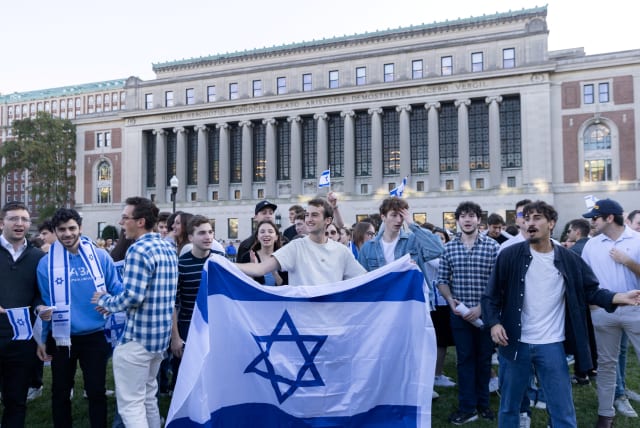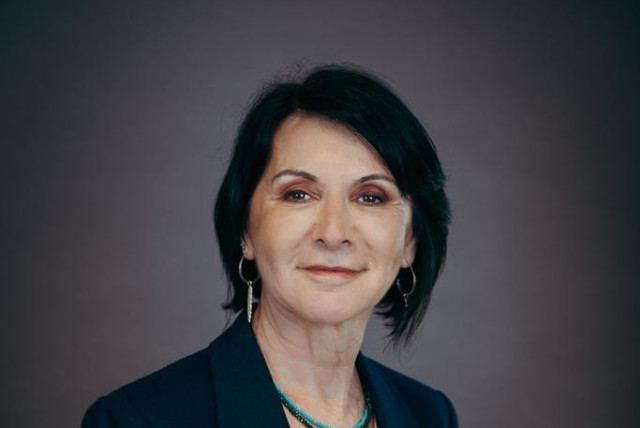70% of Israelis living abroad changed behavior post October 7

Exposure to social media has not only altered perceptions but has led to notable changes in the behavior of Israelis abroad.
Some 70% of Israeli citizens living abroad have significantly altered their behavior, including increased self-isolation and heightened participation in community activities, in response to the October 7 massacre, according to a recent survey conducted by Hebrew University's Prof. Gad Yair, Dr. Keith Goldstein and Dr. Esther Serok.
The comprehensive report was commissioned by the World Zionist Organization's (WZO) Department of Irgoon and Connection with Israelis Abroad.
The survey illustrated the deep emotional and psychological repercussions experienced by the respondents. "The emotional impact was consistent regardless of their physical distance from Israel, manifesting in strong feelings of fear, anxiety, frustration, and vulnerability," the report stated. This sentiment was echoed by 93% of the participants, who expressed growing concern in the aftermath of the events.
A significant portion of the respondents, 40%, reported high exposure to the October 7 massacre, primarily through social media channels. This exposure has not only altered perceptions but has led to notable changes in behavior.
"Many have reported removing Jewish symbols and speaking less Hebrew in public, highlighting a sense of growing insecurity," Yair and his colleagues note in their findings.
The survey also sheds light on the diaspora's sense of community and identity. In a striking display of solidarity, 85% of respondents said they participated in activities supporting Israel, such as demonstrations and solidarity rallies. This increased sense of community has been a silver lining, fostering a stronger connection to their Israeli identity.
In terms of security, the report found that 44% of respondents considered enhancing their self-defense capabilities. "There was a notable interest in acquiring weapons for self-defense, particularly in countries where it's legally permissible," the report elaborated.
Israelis abroad remain connected to Israel
Despite these challenges, the survey highlighted the enduring connection of the Israeli diaspora to their homeland. A significant 68% visited Israel in the past year, emphasizing their strong ongoing connection with the country.
Gusti Yehoshua-Braverman, head of the department at the WZO, said: "We must respect and appreciate the Israelis living in the diaspora and provide a listening ear to their needs. The survey reinforces how much they are emotionally connected to Israel and serve as our ambassadors around the world.”
Next month, an emergency conference will be held in Europe with heads of Israeli communities and representatives of the Israeli government, where the full survey findings will be presented. In addition, members of the WZO and the government will try to respond to the needs raised by the respondents.
Jerusalem Post Store
`; document.getElementById("linkPremium").innerHTML = cont; var divWithLink = document.getElementById("premium-link"); if (divWithLink !== null && divWithLink !== 'undefined') { divWithLink.style.border = "solid 1px #cb0f3e"; divWithLink.style.textAlign = "center"; divWithLink.style.marginBottom = "15px"; divWithLink.style.marginTop = "15px"; divWithLink.style.width = "100%"; divWithLink.style.backgroundColor = "#122952"; divWithLink.style.color = "#ffffff"; divWithLink.style.lineHeight = "1.5"; } } (function (v, i) { });

